
This Christmas, we should reflect on the spirit of men like Cashe. The men, who allowed so many others to go home and live freely. Men, among men.
On 17 October 2005, a massive roadside bomb tore through a Bradley IFV carrying members of the US Army 1/15th Infantry Regiment near Samarra, Iraq. The bomb instantly killed an Iraqi interpreter in the back and set the vehicle on fire. Immediately following the massive roadside bomb, their vehicle was quickly met with small arms fire as part of a complex insurgent ambush. Lightly injured, Sergeant First Class Alwyn Cashe scrambled out of his gunner’s hatch and dragged his driver out of the burning vehicle. The driver had been engulfed in flames, which Cashe extinguished.
Cashe was a career army man. He had fought in the First Gulf War in 1991, and come back again for the invasion in 2003. After 17 years in the army, he planned on retiring to a quiet life. This was going to be his last tour, and the only reason he went was for his boys.
On that horrific October day in 2005, 10 men were still trapped inside that flaming Bradley after Cashe extracted his badly wounded driver. Despite being relatively unhurt and drenched in fuel, he went right back into the Bradley. Amidst the incoming small arms fire, the exploding ordnance and the intense flames, he dragged men out to safety.
Despite suffering horrific burns in the process, he went in again.
And again.
Without pause, he made three trips inside the burning chassis and dragged out all 10 entrapped soldiers. When it was all said and done, Cashe’s injuries were the worst out of everyone. Over 70% of his body had been scorched in 2nd and 3rd-degree burns. Cashe was medically evacuated to the Brooke Army Medical Center. Over the next few days would only ask about the state men, his last words pleading for an update on their conditions. Cashe succumbed to his wounds on the 8 November 2005.
6 of the men Cashe dragged out of that Bradley ultimately survived. He was recommended for a Medal of Honor for his actions on 17 October 2005 but ultimately received a Silver Star due to various bureaucratic failures. There is still a great deal of controversy over his posthumous recognition, but his deeds and valour are undeniable.
Alwyn Cashe wouldn’t have cared either way. He did it for his boys.
This Christmas, we should reflect on the spirit of men like Cashe. The men, who allowed so many others to go home and live freely. Men, among men. We remain in eternal gratitude for their sacrifices.

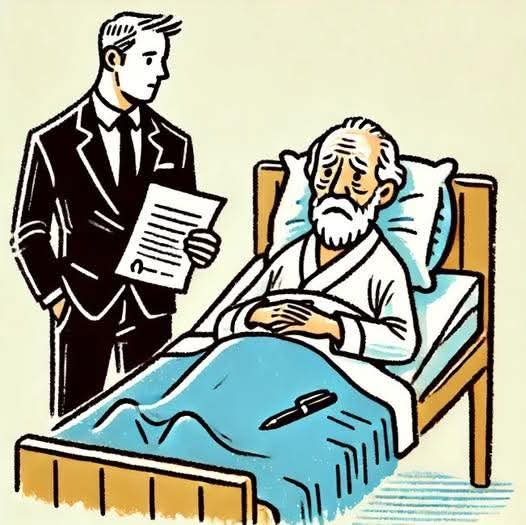
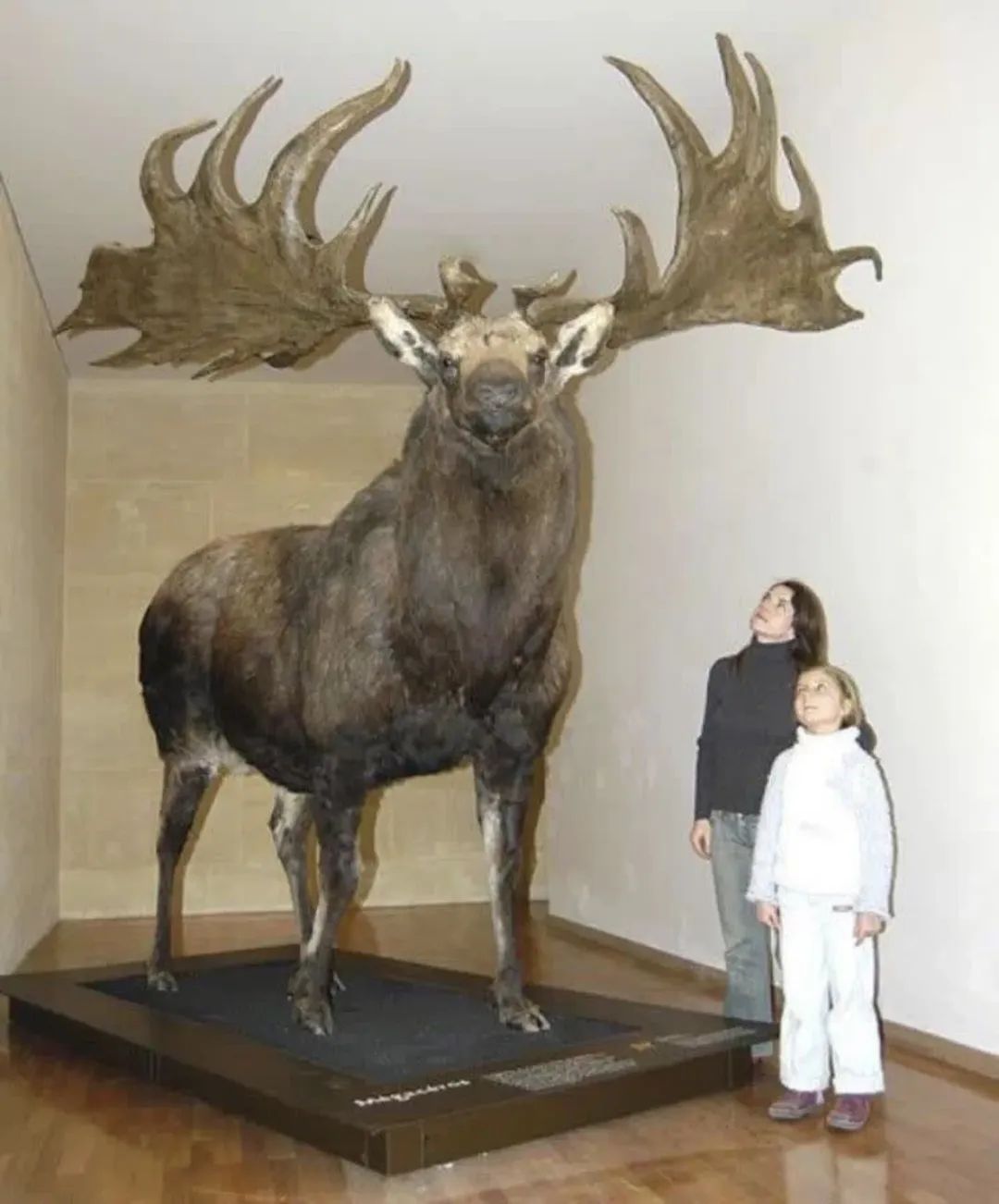
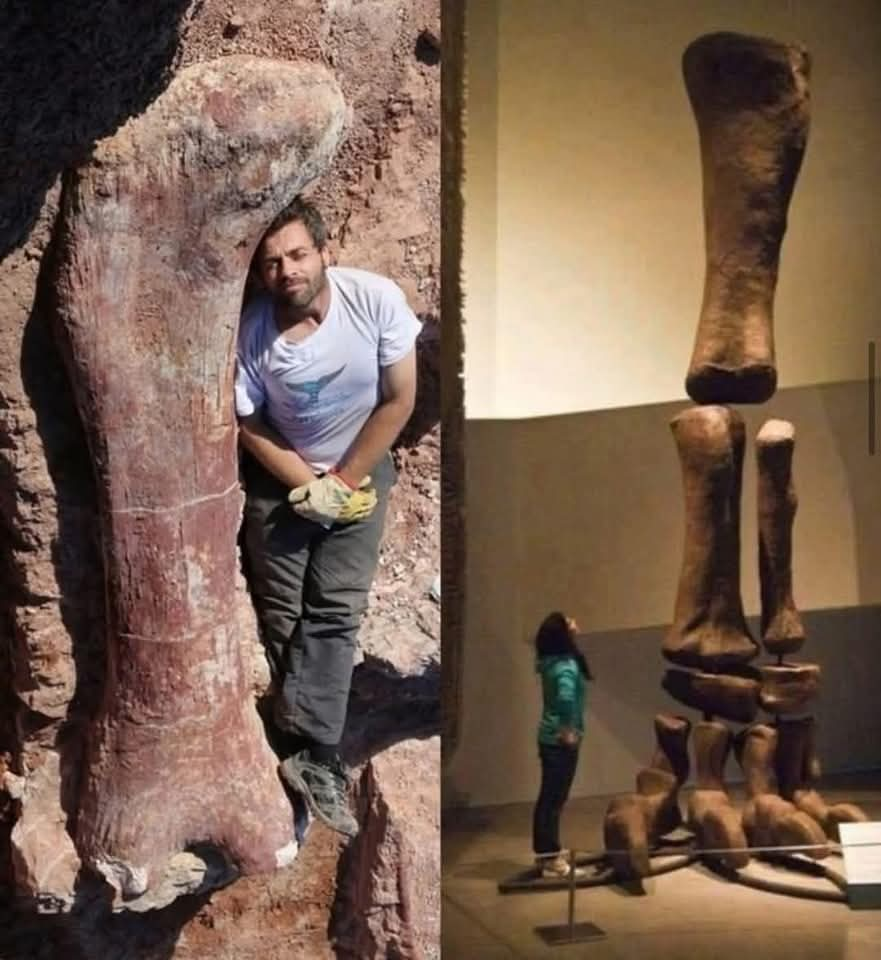
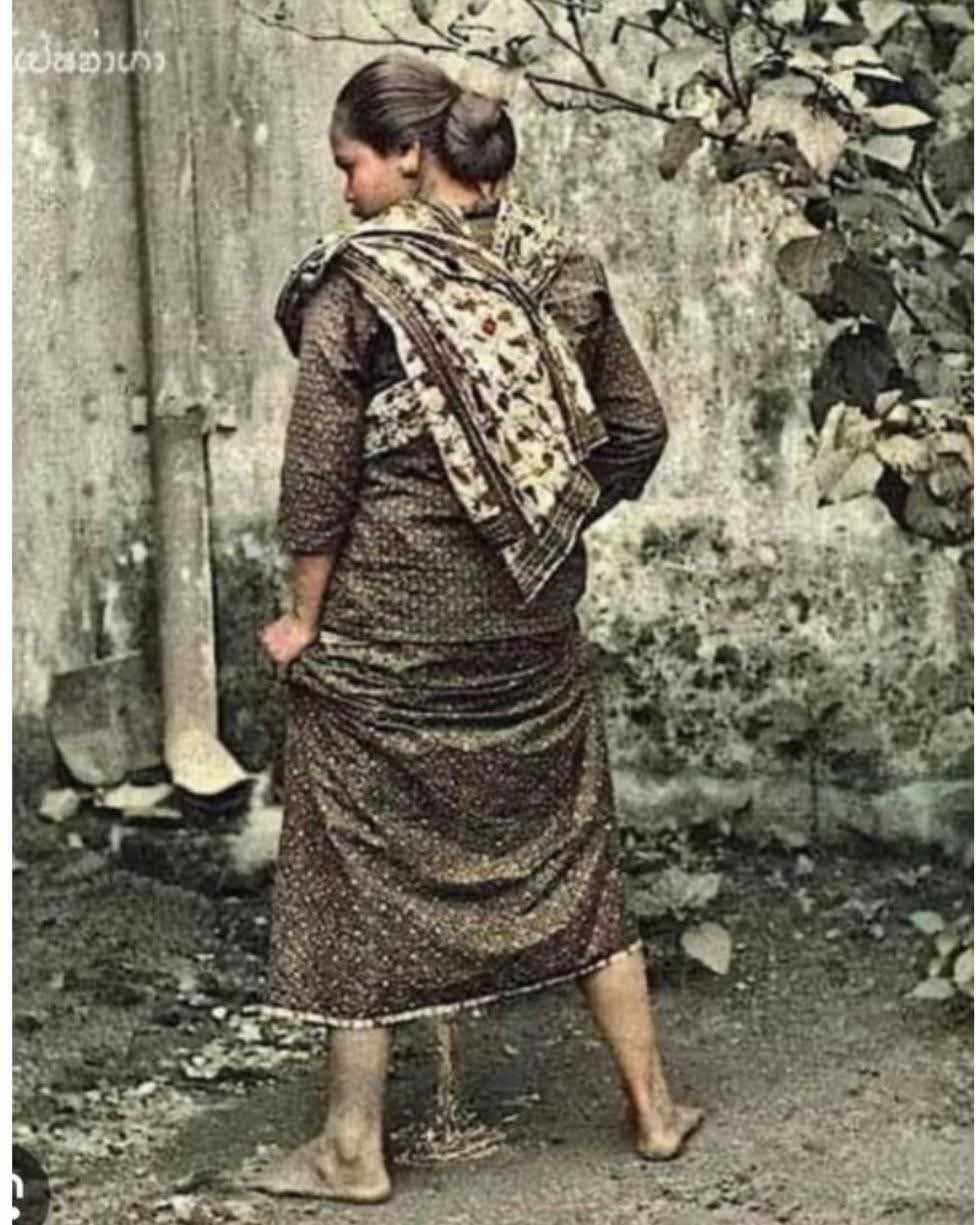
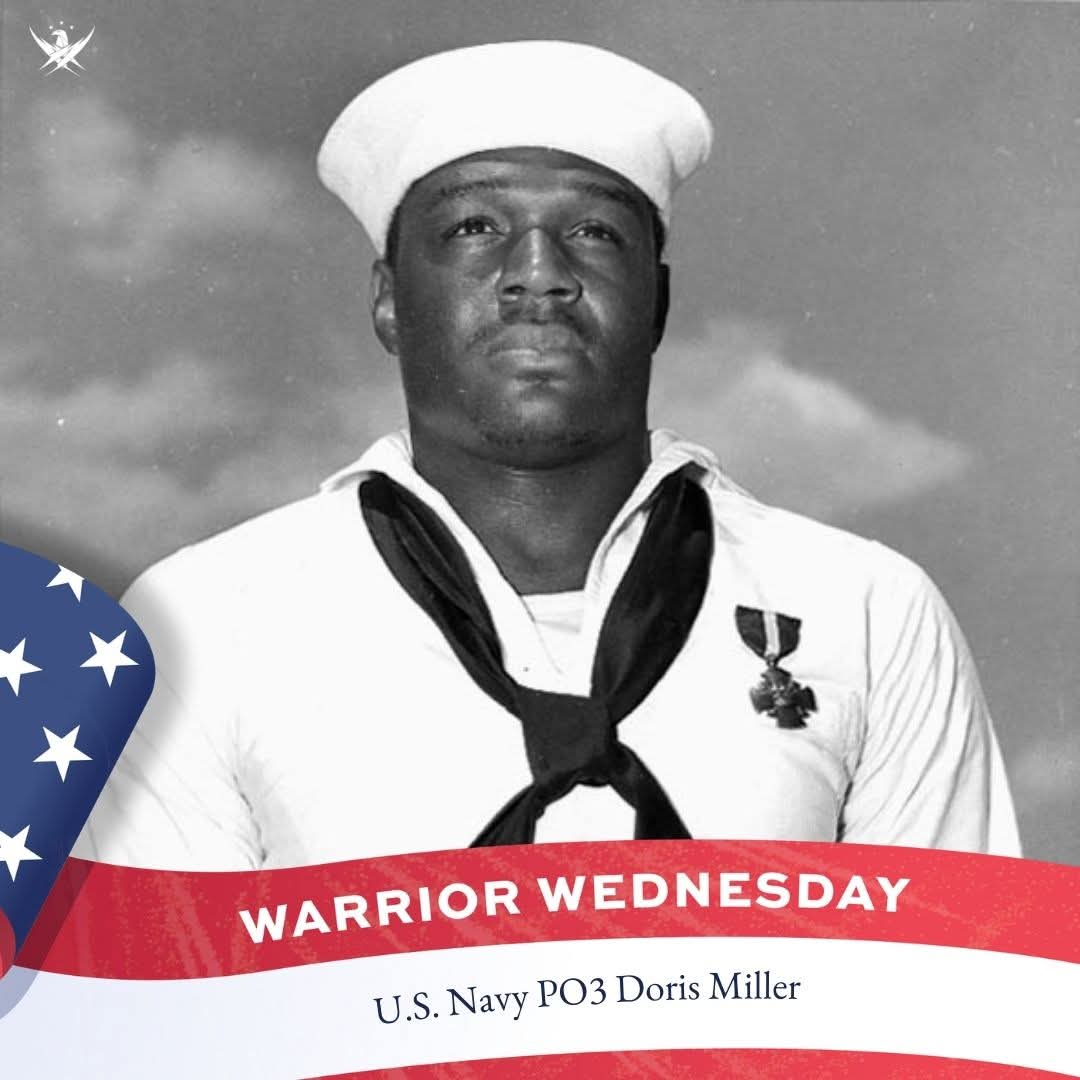
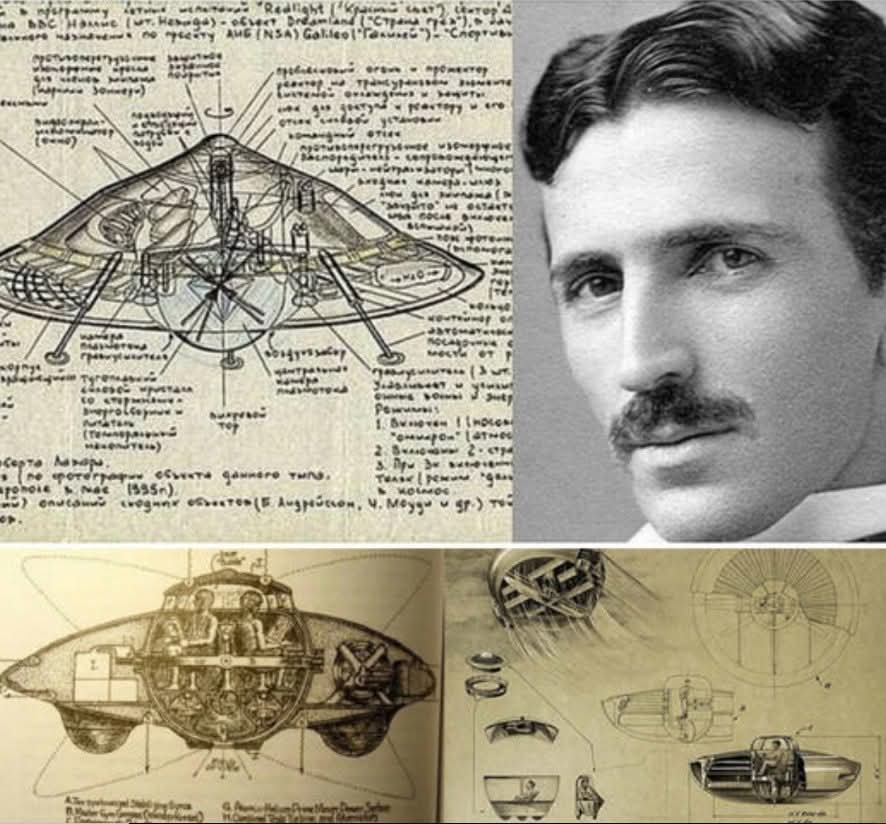
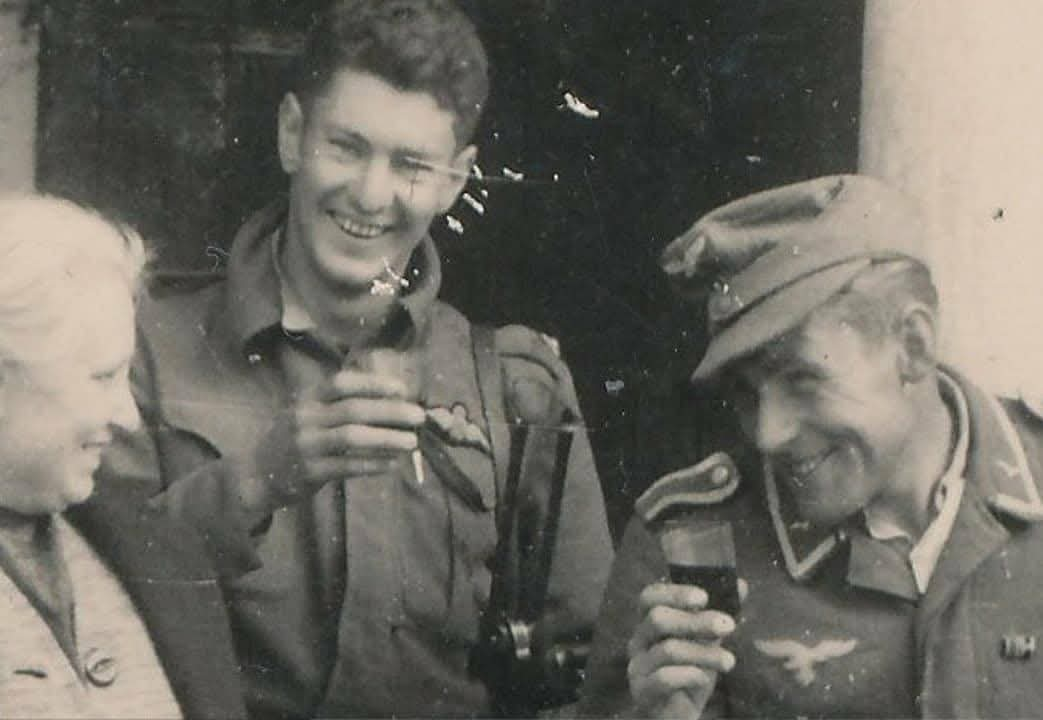
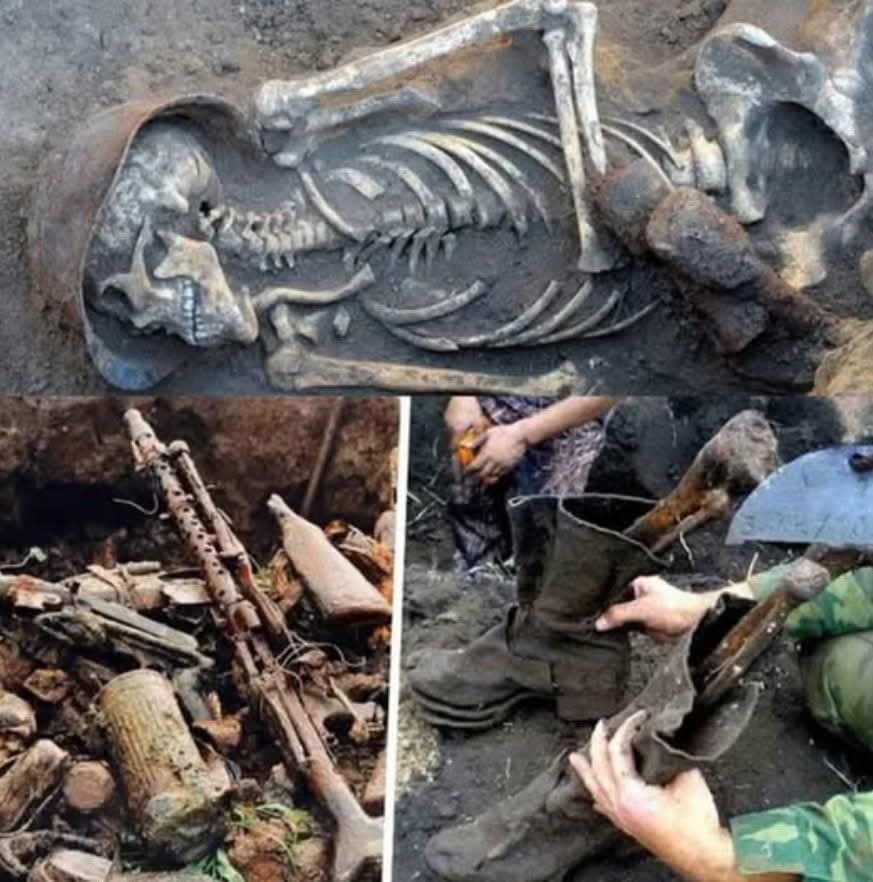
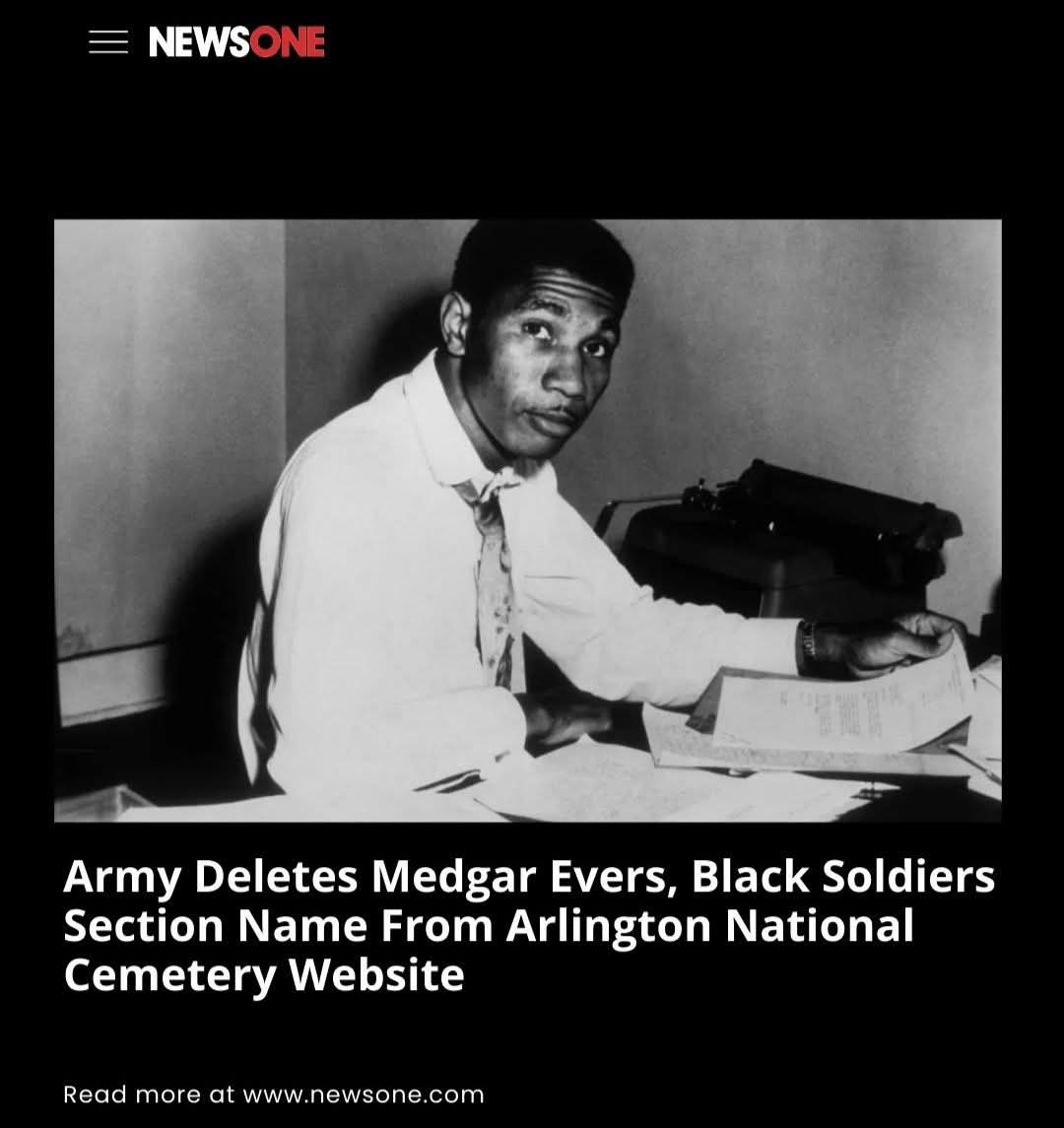
Leave a Reply